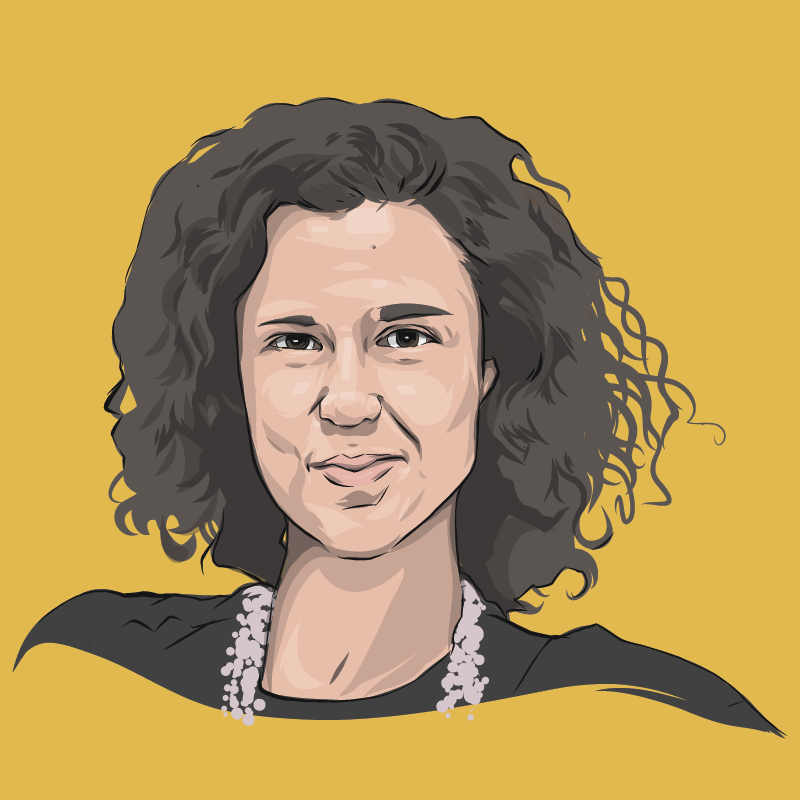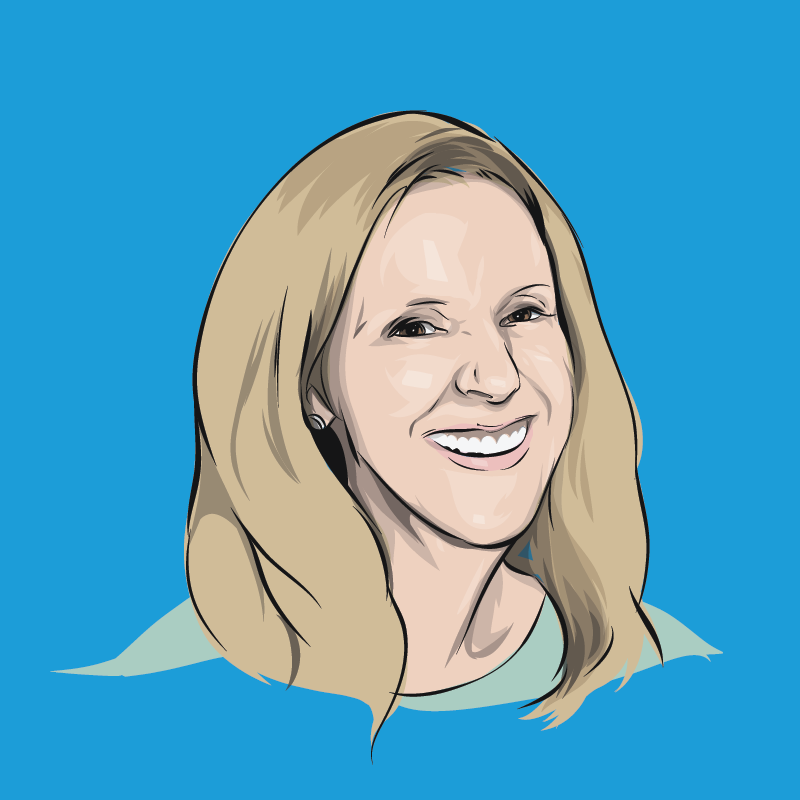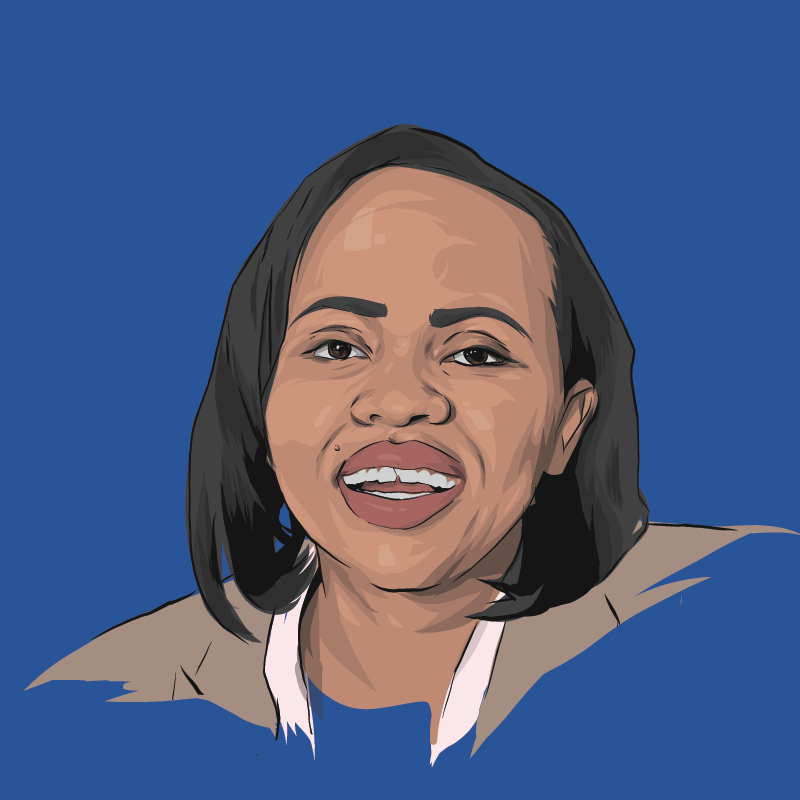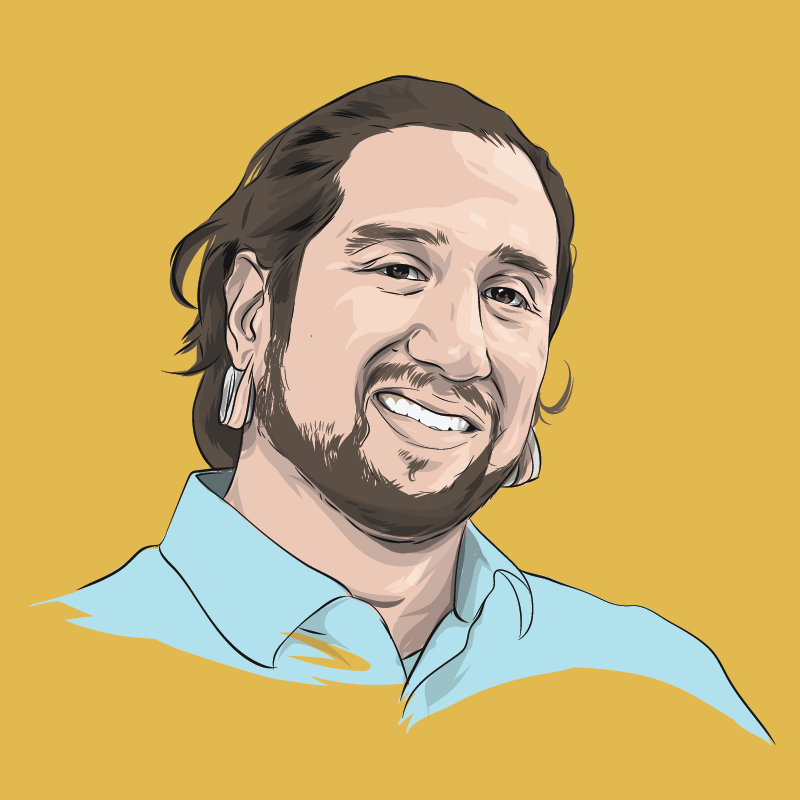Tarun Cherukuri

New Delhi, India
Compassion
Man's Search For Meaning by Victor Frankl
India has enacted many progressive legislations that entitle its most vulnerable citizens to basic rights, but, only 50 percent of public spending on basic services reaches the intended population and more than 60 percent of India’s population continue to live under $2/day. Contingent social security covers mostly the organized workforce, which makes up only 8 percent of India’s workforce.
This scheme-based social protection landscape in India – approximately 500 schemes including both state and federal government schemes – is further fragmented by departments and sub-schemes operating in silos, increasing implementation costs and monitoring ineffectiveness. The problem is compounded by the lack of single source, secure registries of beneficiaries and discretionary distribution of benefits leading to disproportionate targeting and further omission of many eligible beneficiaries.
The Government of India Economic Survey Report 2016-17 estimated that even programmes that receive the most funds and attention have targeting errors as high as 60-70 percent. For example, MGNREGA, a popular work guarantee programme that aims to enhance livelihood security in rural areas, has inclusion and exclusion errors as high as 43 percent and 65 percent respectively.
The COVID-19 pandemic has exposed the severe social and economic ramifications of a weak social protection system with 230 million people slipping back into poverty in India. The social protection in India is, hence, poised for a fundamental transformation from a set of fragmented schemes to an integrated system to improve families’ resilience to shock and reduce leakages in welfare delivery.
Indus Action helps the most vulnerable Indian families access legislated benefits. They also support the government to provide those benefits using simple, technology-powered solutions. The results are incredible: Indus Action has connected over 800,000 families to private schools resulting in enrollment of 392,622 students. They have connected 172,446 pregnant and lactating mothers to their maternity entitlements.
Samaaj 3.5 percent is an initiative by Indus Action to foster active citizenship by bringing together individuals who believe in equal access to legislative rights. The 3.5 percent consists of people from different walks of life with a common identity of volunteers. The program is committed to building a volunteer network across India to prepare individuals to advocate for social issues within their communities.
In response to COVID-19, Indus Action has helped connect 182,999 with government-guaranteed work in four states, facilitated vaccine access to 40,000 individuals from vulnerable families, and distributed relief packages for more than 7,000 families.
You can learn more about Indus Action (Opens in a new tab) and the Samaaj 3.5 percent program (Opens in a new tab) here.
I admire Hue Thu Nguyen's emotional courage, and my most authentic moments of the Fellowship have been because of her ability to speak her mind with the power of her clarity and vulnerability.
From Brent Hutchinson, I learned that transitions can be managed gracefully and you can always show up with amazing grace.
I admire Seema Gajwani's emotional intelligence, the ability to read a room and hold space for transformative conversations.


















